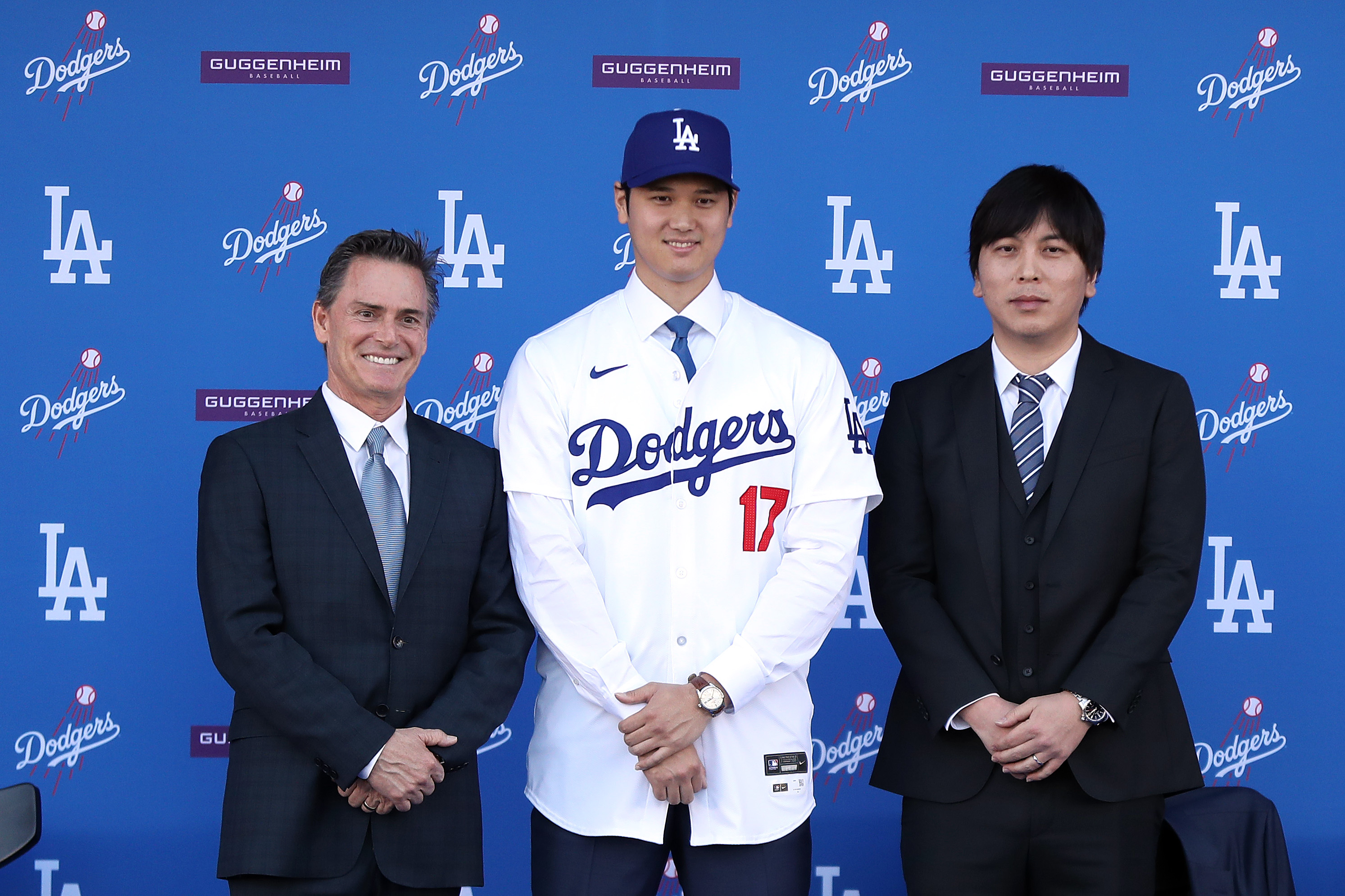A significant portion of employers revealed they'd rather hire artificial intelligence robots than bring a Gen Z graduate into the company, according to a new survey.
Roughly 37 percent of employers said they'd rather hire AI than a recent graduate, according to a new survey from Hult International Business School.
Why It Matters
Gen Z, those born between 1997 and 2012, has been criticized harshly in recent years as they enter the workforce for the first time.
A prior Freedom Economy Index report conducted by PublicSquare and RedBalloon discovered that 68 percent of small business owners said Gen Zers were the "least reliable" of all their employees. And 71 percent said these younger workers were the most likely to have a workplace mental health issue.
What To Know
Nearly 40 percent of employers said they'd rather hire a robot than a recent graduate, according to the Hult International Business School report released Tuesday.
The study interviewed 1,600 employers and full-time employers, and 96 percent of employers said most college educations aren't preparing people at all for their jobs.
Altogether, 89 percent said they avoid hiring recent grads.
The sentiment reflects a growing disconnect between college education and the skills employees need to succeed in their early career roles. In the Hult survey, 77 percent of recent graduates said they learned more in six months on the job than in their four-year education.
The survey also found that companies, despite their preferred reliance on AI, are struggling to find talent. Nearly all, 98 percent of leaders, said their organization struggles to find talent.
Regarding why they didn't want to hire recent graduates, 60 percent said the workers didn't have real-world experience, and 55 percent said they didn't work well on a team.
Reflecting on their own college experiences, 94 percent of recent graduates had regrets about their degree, and 43 percent said they felt doomed to fail because they chose the wrong degree.

What People Are Saying
Martin Boehm, Executive Vice President and Global Dean of Undergraduate Programs at Hult International Business School, in a statement: "In today's world, with volatility and fast-paced technology advances now common themes at work, business schools need to move beyond traditional ways of teaching. Theory alone is no longer enough. Preparing students in new ways, with a focus on building both the skills and mindsets needed for continuous learning, is the future of education."
HR consultant Bryan Driscoll told Newsweek: "Of course employers would rather use AI than humans—it's cheaper, doesn't need healthcare or basic human rights, and doesn't take PTO. This isn't about Gen Z lacking skills; it's about employers trying to dodge responsibility. They've spent decades defunding training programs and offloading the burden of skill development onto employees, then complain when new hires don't meet their expectations."
Kevin Thompson, a finance expert and the founder and CEO of 9i Capital Group, told Newsweek: "It comes down to economics and efficiency. Training an AI to perform tasks is much easier and more cost-effective than training a human while paying them on the job. AI executes tasks exactly as programmed at a fraction of the cost. Many employers see the value in leveraging AI for basic task management, particularly in support roles and entry-level positions."
Alex Beene, a financial literacy instructor for the University of Tennessee at Martin, told Newsweek: "I think there's something important to consider when trying to understand Gen Z from both employee and employer perspectives. This is the first generation in decades to enter the workplace during a time that is largely viewed as an 'employee's market.' Many employers have struggled to stay fully staffed since the pandemic.
"Also, many of the flexible aspects of work developed during the pandemic, like remote work and increased leave time, have become job norms for this generation, not exceptions to the rules. The demand for better pay and perks mixed with a sometimes slack in effort for younger employees has some employers thinking AI that could process needs with no negative feedback would be more desirable."
What Happens Next
Driscoll said companies blaming Gen Z is a "convenient scapegoat," neglecting the need for companies to invest in training and development.
"Instead, many are banking on AI to fill the gap, which raises serious ethical and economic concerns. What happens when we prioritize robots over people? Wages stagnate, inequality worsens, and we erode the concept of a thriving workforce—which in reality, isn't all that different from our present," Driscoll said.
Thompson said the younger generation will likely need to gain experience in alternative ways to enter the workforce fully prepared.
"The era of extensive on-the-job training is likely fading, and expectations will shift toward bringing immediate value to employers from day one," Thompson said.



















 English (US) ·
English (US) ·